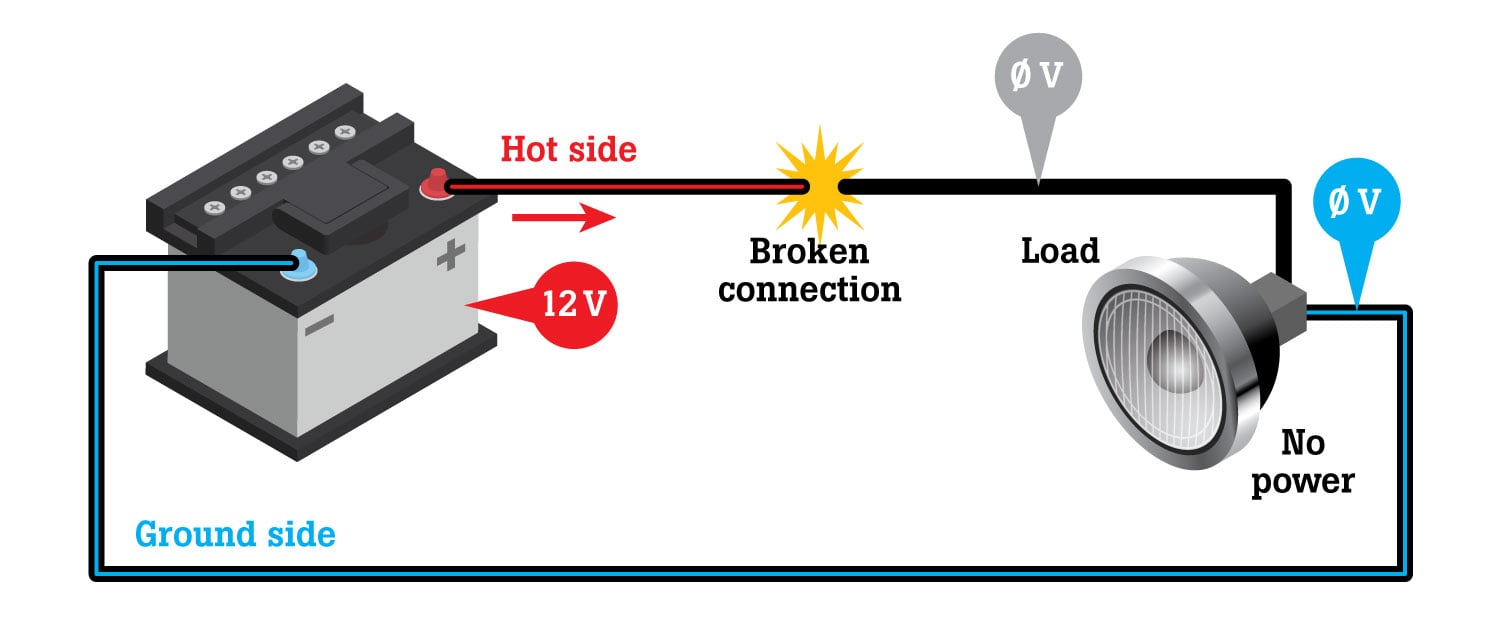When a car battery voltage drops while driving, it can indicate various underlying issues such as alternator problems, loose battery connections, charging system malfunction, electrical system issues, or a faulty battery. These issues can cause the battery to lose voltage and lead to car stalling or other electrical failures.
It is essential to address the root cause promptly to prevent further damage to the vehicle and ensure safe driving conditions for the driver and passengers. Driving with a malfunctioning battery can not only be inconvenient but also pose safety risks on the road.
We will explore the common reasons why a car battery voltage drops while driving and provide insights on how to troubleshoot and resolve these issues effectively.

Credit: www.amazon.com
Reasons For Car Battery Voltage Drop
Car battery voltage drops while driving due to various reasons such as excessive electrical load, faulty alternator, corroded battery terminals, extreme weather conditions, and old battery age. It is essential to address these issues promptly to prevent any potential breakdowns on the road.
Excessive Electrical Load
One of the reasons why car battery voltage drops while driving is due to an excessive electrical load. When you have multiple accessories running simultaneously, such as the headlights, air conditioning, stereo system, and charging ports, it can put a strain on the battery. The battery has a limited capacity, and if you exceed that capacity, it can lead to a voltage drop.Faulty Alternator
A faulty alternator is another common reason for car battery voltage drops. The alternator is responsible for charging the battery while the engine is running. If the alternator is not functioning properly, it may not be able to supply enough power to the battery, causing the voltage to drop. This can occur if the alternator’s diodes are damaged or if the belt that drives the alternator is loose or worn out.Corroded Battery Terminals
Corroded battery terminals can also contribute to a voltage drop in the car battery. Over time, the battery terminals can become corroded due to exposure to moisture, dirt, or other contaminants. This corrosion creates a barrier between the battery and the electrical connections, reducing the flow of power. As a result, the voltage in the battery can decrease, leading to problems starting the vehicle or powering the electrical components.Battery Age And Condition
The age and condition of the battery itself can play a significant role in voltage drops while driving. As batteries age, their ability to hold a charge diminishes. If your battery is old or weak, it may not be able to maintain the appropriate voltage levels while the vehicle is in use. Extreme temperatures can also affect battery performance and contribute to voltage drops.Parasitic Battery Drain
Parasitic battery drain refers to a situation where an electrical component or system in the vehicle continues to draw power even when the car is turned off. This continuous drain on the battery can lead to a voltage drop over time, making it difficult for the battery to start the vehicle. Common culprits of parasitic battery drain include malfunctioning alarm systems, faulty wiring, or aftermarket installations that were not properly connected.To ensure that your car battery voltage remains stable while driving, it’s essential to address these potential causes of voltage drops. Regular maintenance, such as cleaning battery terminals, checking the alternator, and replacing an old battery, can help prevent these issues and keep your vehicle running smoothly. Additionally, avoid excessive accessory usage to avoid straining the battery’s capacity.
Credit: m.youtube.com

Credit: www.fluke.com
Conclusion
Understanding why car battery voltage drops while driving is crucial for both safety and vehicle maintenance. By addressing issues like battery age, alternator problems, electrical system issues, and extreme weather conditions, car owners can prolong the life of their batteries and prevent unexpected breakdowns.
Regular checks and maintenance can save time and money in the long run.


